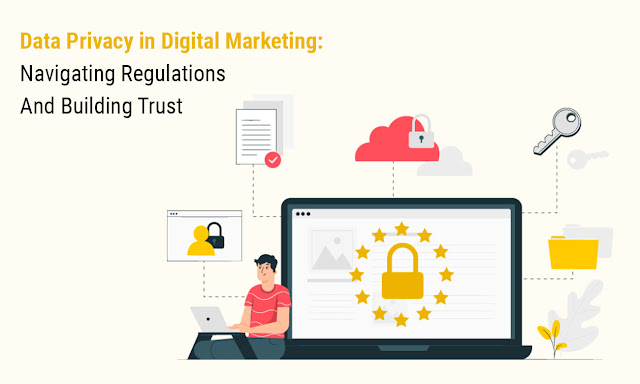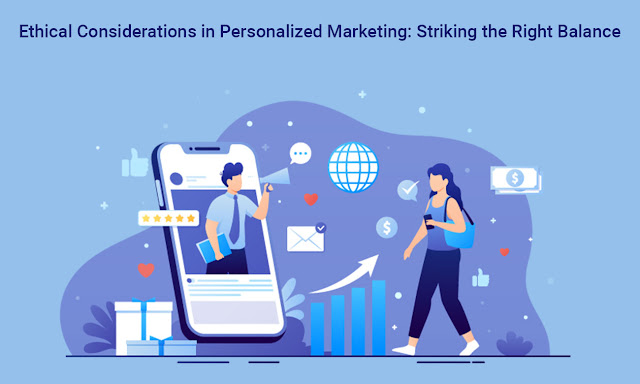The Power of Interactive Content Marketing: Engage, Convert, Succeed

Interactive content marketing is akin to a breath of fresh air amidst the crowded streets of traditional marketing. It engages people in a conversation rather than simply talking to them. Quizzes, polls, and calculators are the tools used to transform passive consumption into active participation. Whether it's discovering your inner superhero through a quiz or engaging in a lively poll discussion, interactive content transforms marketing into a friendly dialogue rather than a sales pitch. It focuses on creating moments, fostering connections, and making individuals feel valued amidst a sea of advertisements. In essence, interactive content marketing is a game-changer that brings a refreshing perspective to the constantly evolving realm of marketing. Understanding Interactive Content Marketing Interactive content marketing is a dynamic strategy that is reshaping the way businesses connect with their audiences. It focuses on engagement, inviting audiences to actively participate i





